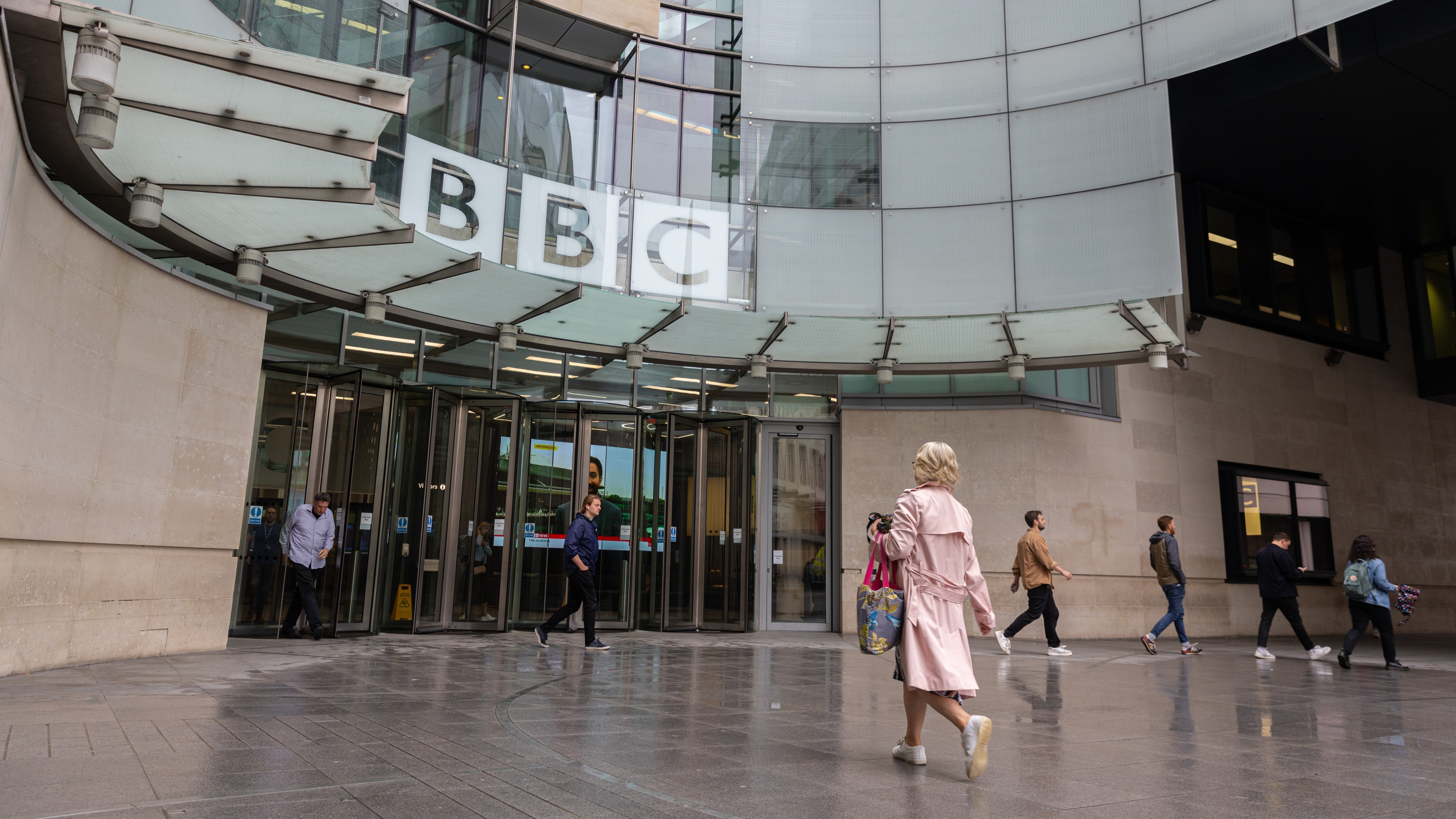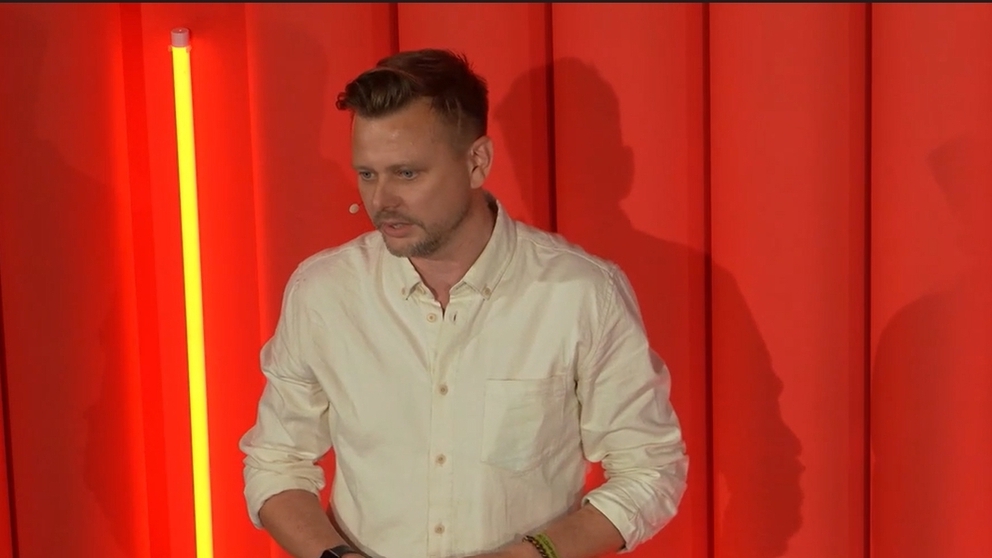In the two-part session titled “Mobile TV - Finally?”, Peter Siebert of IEEE BTS, Jordi Gimenez of 5G MAG and Thomas Stockhammer of Qualcomm explored the potential of 5G Broadcast technology in transforming media consumption.
Introducing the technical session, Peter Siebert of IEEE BTS said the question mark in the title was deliberate. “There have been many attempts before and all have failed,” he said. “But now there’s a new kid on the block.”

Since 2011, the DVB has made three attempts at kickstarting a market reckoned at one point to be worth $20bn. Others tests include MediaFlo, ISDB in Japan, CMMB in China and with ATSC 3.0 in the US.
“Most have not been successful,” Siebert said. “All high power, high tower based broadcast to handheld schemes have failed.”
Technical problems have restricted reception in buildings necessitating an additional low to medium power network to reach handhelds inside the house, he said.
“None of the proponents have come up with a business model to compensate for the commercial costs.”
More worryingly, there’s been a lack of significant interest among end users in receiving broadcast television on a handheld. “That was the past. The future could be LTE-based 5G Broadcast,” Siebert added.
Crucially, this is being developed by the 3GPP, a mobile industry body not a broadcast organisation.
“It is compatible with existing 3GPP radio access specifications, the design is based on minimum additional hardware cost and it can be used without a SIM card, which I regard as very important,” Siebert said.
Further “special advantages” of the specification are that it permits easy integration with unicast and multicast bidirectional technology in the 5G standard and, as part of the 3GPP ecosystem, it’s more likely to be integrated in chipsets and handhelds.
“In short it has a higher likelihood to be supported by mobile network operators. So the question we really need to ask is, will these advantages be enough?”
Jordi Giménez, Head of Technology, 5G-MAG (Media Action Group) provided a demonstration of the technology at IBC. Also seeking answers to Siebert’s question were Diego Gibellino from Italian mobile operator TIM and Thomas Stockhammer, Qualcomm.

Stephen Nuttall unveiled as new Chair of IBC’s Partnership Board
Stephen Nuttall has been appointed as the new Chair of IBC’s Partnership Board. Made up of representatives from each of the six partner organisations which own IBC (IABM, IEEE, IET, RTS, SCTE and SMPTE), the IBC Partnership Board provides the governance and strategic oversight of IBC.

Saleha Williams appointed CEO of IABM
Saleha Williams has been appointed as the Chief Executive Officer (CEO) of IABM.

Comcast sets leadership team for ‘SpinCo’ cable unit
US media and telco giant Comcast has unveiled the leadership team for SpinCo as it prepares to spin off its cable television portfolio later in the year.

Labour exploring ‘alternative funding options’ to BBC licence fee
UK Culture Secretary Lisa Nandy is reportedly considering scrapping the BBC licence fee at the end of the Corporation's current charter in December 2027.

BBC Director-General Tim Davie to head Creative Cities Convention speakers
BBC Director-General Tim Davie has been lined up as one of the key speakers at this year’s Creative Cities Convention, being held from May 7–8 in Bradford as part of its UK City of Culture 2025 celebrations.




